White Rock’s 2025 byelection shows candidates largely agree on key issues. Experience may be the deciding factor as voters head to the polls.
A Race Without Rancor
At the first all-candidates meeting for White Rock’s 2025 byelection, one thing became clear: most of the contenders are on the same page. With 19 of 21 candidates in attendance, the conversation revealed broad agreement on nearly every major issue facing the city.
From housing to business development, waterfront revitalization to infrastructure, the candidates echoed each other’s calls for community consultation, better permitting processes, and protecting White Rock’s seaside charm.
The event, hosted on Sept. 15 by the Surrey and White Rock Board of Trade, drew a crowd of about 120 residents. And while the gathering offered a wealth of ideas, it left many wondering—if everyone agrees, how do voters choose?
What They Agreed On
The evening highlighted a unified vision for the city’s future:
- Housing: support for mid-rise development over highrises to meet provincial housing targets.
- Waterfront: investment in revitalization while keeping the city’s small-town feel intact.
- Business: streamlining permits and offering incentives to attract and retain local businesses.
- Infrastructure: improving facilities and upgrading essential services before greenlighting new projects.
Despite these similarities, candidates knew they had to stand out—and for many, that came down to lived experience.
Experience Becomes the Differentiator
Former councillors like Matt Todd, Anthony Manning, and Scott Kristjanson leaned on their track records. Todd reminded voters of his role in pushing through a smoking ban in restaurants before the province adopted it. Manning championed strategies proven in other municipalities, such as façade improvement grants and taxes on vacant properties. Kristjanson pledged to slow development and prioritize community voices, citing his leadership in large-scale projects as evidence of his readiness.
Others highlighted personal advocacy. Susan Bains, an accessibility advocate, pointed to her success in securing funding for the wheelchair-accessible mat on White Rock’s pier. Gary Gumley, long a presence at council meetings, urged reinstating the city’s Finance and Audit Committee. Firefighter Chris Stroppa sounded alarms over what he called a “crisis” in firefighting resources.
Fresh Voices, Familiar Concerns
Newcomers also found ways to connect. Real estate professionals like Tracey Ellis and Howard Steiss pressed for waterfront upgrades and water system improvements. Jas Dhaliwal emphasized “growth that enhances livability,” while Peggy Howard drew on her experience managing large retail centres to suggest low-rise housing along the waterfront.
Even among these varied perspectives, the refrain was the same: White Rock needs thoughtful growth, stronger infrastructure, and a commitment to its seaside identity.
What’s at Stake
The Sept. 27 byelection will fill two vacant council seats left by Ernie Klassen and Michele Partridge. But the winners won’t have long to shape policy—the term lasts only a year, a prelude to the full civic election in 2026.
For residents, that means choosing not just who shares their values—since most candidates do—but who can deliver results quickly. With so much agreement on the issues, the deciding factor may not be what candidates want for White Rock, but who has the experience to make it happen.
Stay updated instantly — follow us on Instagram | Facebook | X

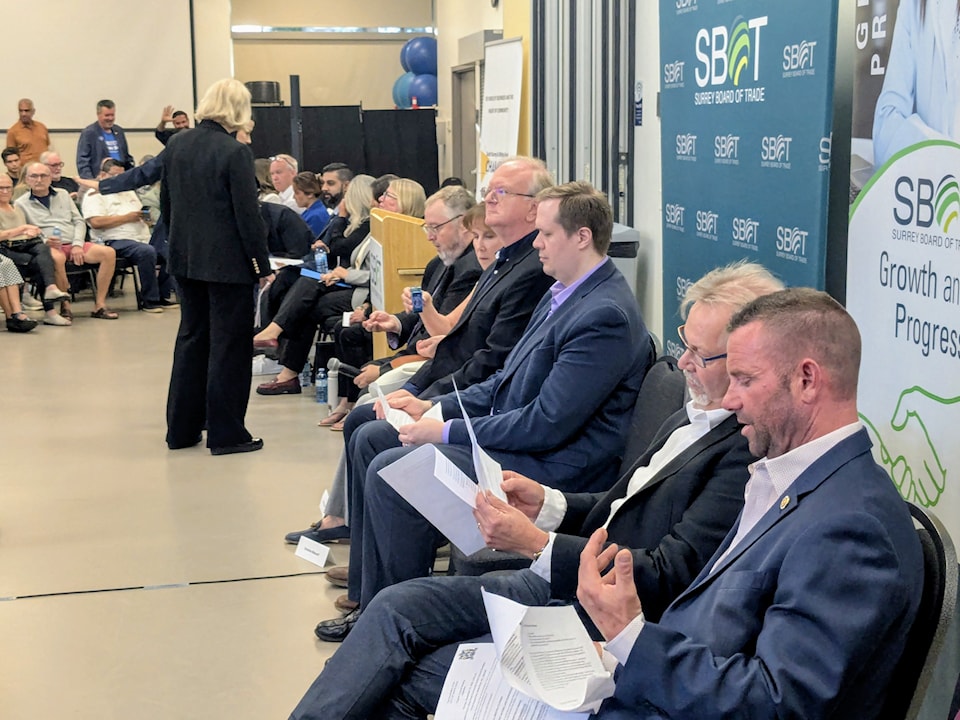


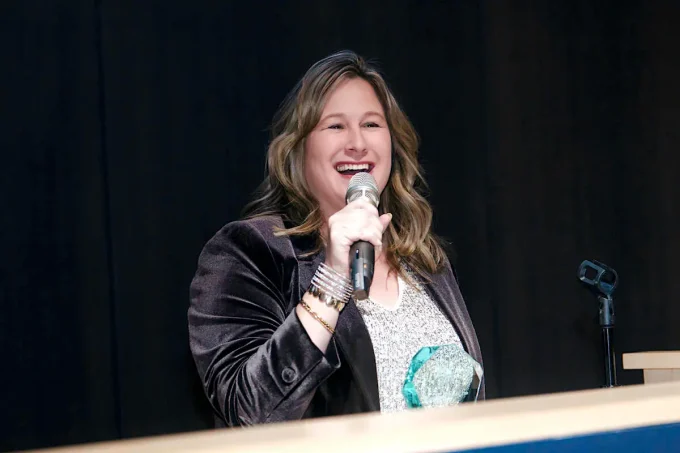


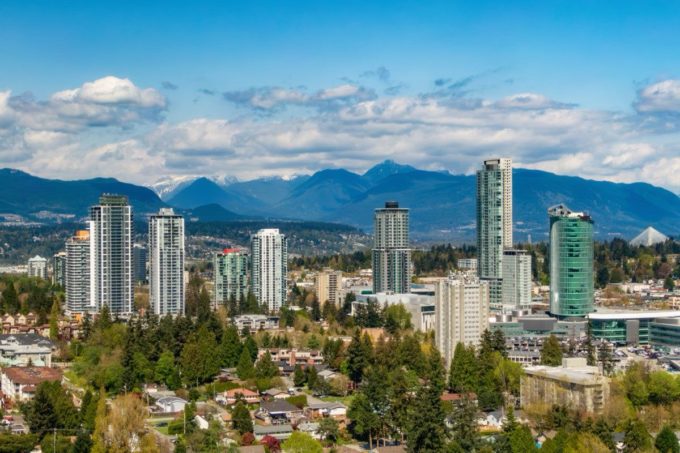
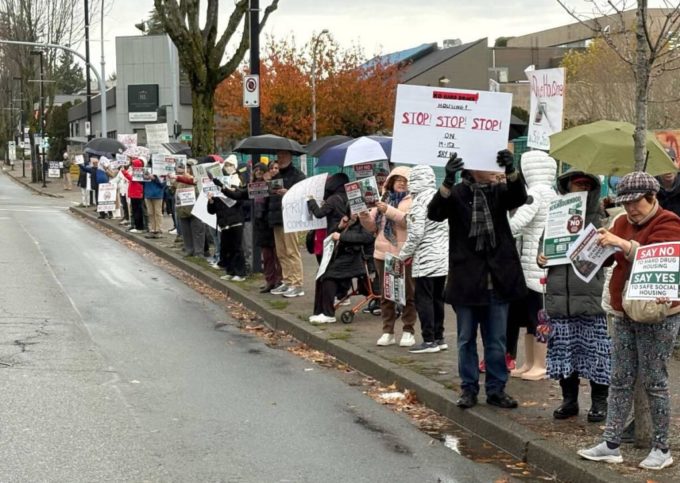
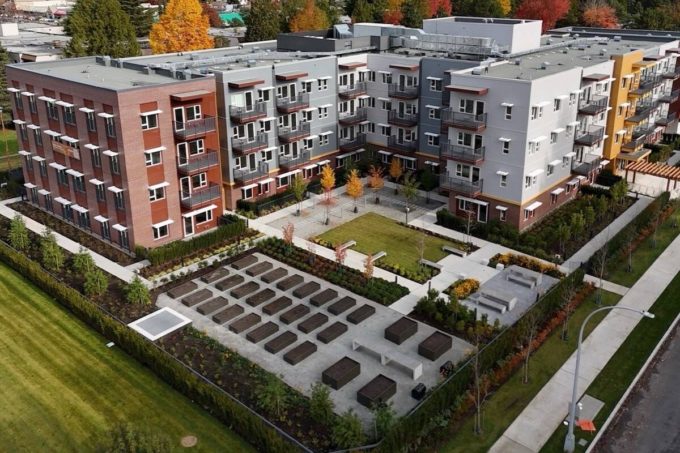
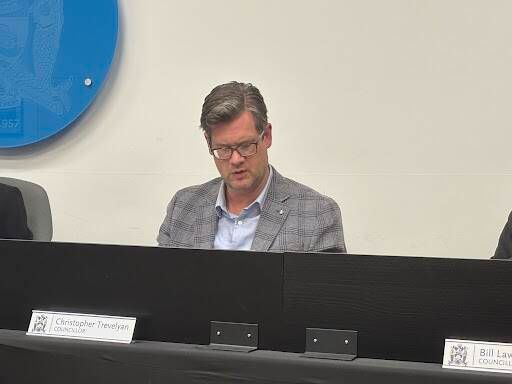



Leave a comment